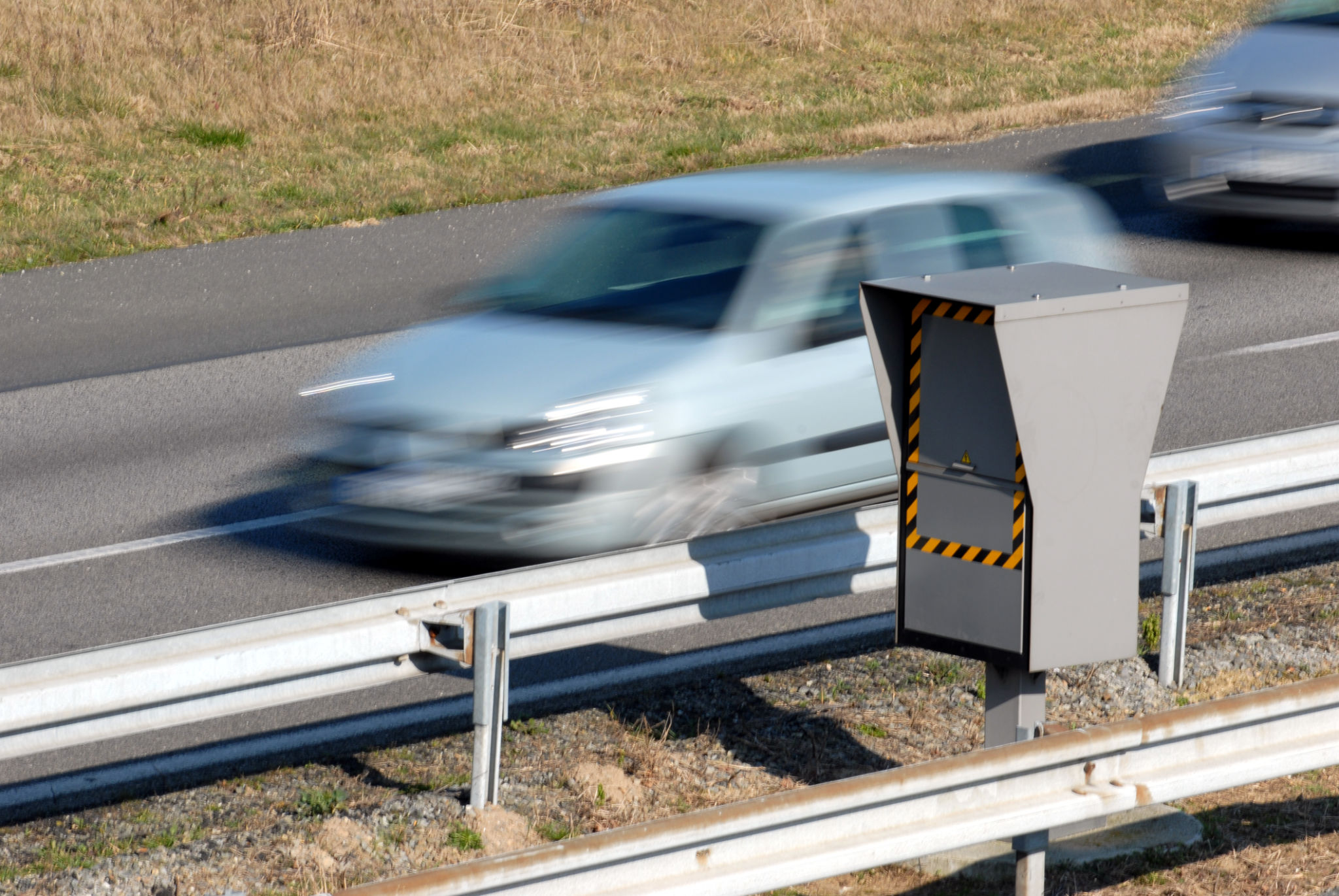A Complete Guide to Front Radar Coding and Its Benefits
Understanding Front Radar Coding
Front radar coding is a cutting-edge technology employed in modern vehicles to enhance safety and provide a seamless driving experience. This technology uses radar sensors to detect objects in the vehicle's path, aiding in collision avoidance and adaptive cruise control. By understanding the intricacies of front radar coding, drivers can better appreciate its role in improving road safety.

The Mechanics of Front Radar Coding
At its core, front radar coding involves a complex interplay of hardware and software. The radar sensor emits radio waves that bounce off objects and return to the sensor, providing data about the object's distance and speed. This information is processed by the vehicle's onboard computer, which uses algorithms to assess potential threats and take necessary actions.
The coding aspect refers to the software algorithms that interpret the radar data. These algorithms must be precise and efficient, as they are responsible for real-time decision-making. Developers continually refine these algorithms to improve accuracy and responsiveness.
Key Benefits of Front Radar Coding
Front radar coding offers several advantages that contribute to safer driving. Firstly, it significantly reduces the risk of collisions by providing early warnings of potential obstacles. This is particularly beneficial in conditions of poor visibility, such as fog or heavy rain.

Another benefit is its role in adaptive cruise control systems. By maintaining a safe distance from the vehicle ahead, front radar coding enhances driving comfort and reduces driver fatigue. It adjusts the car's speed autonomously based on traffic conditions, ensuring a smooth journey.
Applications in Modern Vehicles
Front radar technology is increasingly becoming a standard feature in new vehicles. It's commonly found in luxury cars but is gradually making its way into more affordable models. Manufacturers are investing heavily in this technology to meet consumer demand for safer, smarter vehicles.
In addition to collision avoidance, front radar coding is also used in parking assistance systems. By detecting obstacles, it helps drivers park more accurately and with greater confidence.

Challenges and Future Developments
Despite its benefits, front radar coding faces certain challenges. One issue is interference from other vehicles' radar systems, which can cause false readings. Developers are working on solutions to mitigate these issues, such as frequency modulation and advanced filtering techniques.
Looking ahead, the future of front radar coding appears promising. As autonomous vehicle technology advances, the precision and reliability of radar systems will become even more critical. Continuous improvements in sensor technology and data processing will likely lead to even more sophisticated applications.
Conclusion
Front radar coding is a remarkable advancement in automotive technology that plays a pivotal role in enhancing driver safety and convenience. By understanding its mechanics and benefits, drivers can better appreciate how this technology contributes to a safer driving environment. As research and development continue, we can expect even more exciting innovations in the realm of front radar systems.